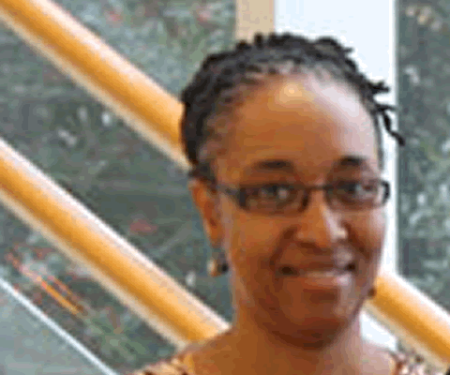PHILADELPHIA (January 31, 2019) — Over the last four decades, detailed studies about breast cancer in Caribbean women have been limited and should be expanded, because the disease hits this population especially hard, says Camille Ragin, PhD, MPH, associate professor in the Cancer Prevention and Control Program at Fox Chase Cancer Center. Ragin’s systematic research review called “Breast Cancer Research in the Caribbean: Analysis of Reports From 1975 to 2017” appeared in the November 2018 edition of the Journal of Global Oncology.
“Breast cancer is among the leading causes of cancer-related death in Caribbean women,” said Ragin. “However, research in Caribbean populations requires stronger focus and development. Identifying the external and genetic factors that define breast cancer susceptibility in Caribbean women is critical for this population’s health.”
The report concluded that in addition to expanded research into Caribbean populations, a regional strategy for cancer registration is needed in order to address possible underestimates of breast cancer incidence.
Ragin led the review as part of the African-Caribbean Cancer Consortium (AC3), which is dedicated to building research capacity in the Caribbean to investigate factors associated with cancer trends. She leads the AC3 along with colleagues from numerous institutions in the US, Caribbean, and Africa. AC3 investigators from Martinique and Anguilla worked together with Ragin to develop this report. Funding for this study came in part from a National Cancer Institute grant with colleagues at The University of the West Indies in Jamaica and City of Hope Cancer Center, as well as from an internal project at the Saint James School of Medicine studying prevalence of breast cancer in the Anguillan population.
“Progress in such research would be significant, because Caribbean populations are ethnically and culturally diverse, with mixed genetic origins of predominantly African descent,” said Ragin. She noted a gap in research investigating the epidemiology, clinicopathologic features, genetic determinants, and molecular classifications of breast cancer in these populations, which would help healthcare professionals better manage cases.
AC3 also is supported by a National Institutes of Health grant to extend strong partnerships in the study to further the study of genetic, lifestyle, and environmental cancer risks among persons of African ancestry. In November, Ragin received a $3.3 million grant from the NIH to study cancer as well as cardiovascular disease risk in that region.
